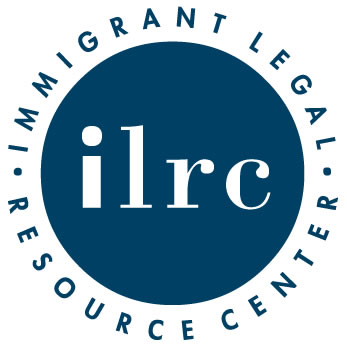Overview
In this two-part training series, we will provide an overview of the eligibility requirements for acquiring citizenship at birth and deriving citizenship after birth and discuss some of the common obstacles in making these claims. Using exercises, we will walk through how to analyze a client's claim to citizenship through acquisition or derivation.
Acquisition of Citizenship
Date: March 4, 2020
Time: 11:00 am - 1:00 pm
MCLE: 2.0 CA
Registration: Deadline February 26
Location: San Francisco (Venue TBD)
Pricing: $150 regular / $90 nonprofit
The first session will focus on acquisition of citizenship, which is the process of transmitting U.S. citizenship at birth to a child born abroad. We will review the different requirements, depending on when the individuals were born, whether they were born in wedlock, and whether they are claiming U.S. citizenship through a mother, father, or both parents. Using examples and our easy-to-read charts, we will explain step-by-step how to analyze some of the issues that arise in acquisition cases, such as legitimation, physical presence, the implications of the Supreme Court's case Sessions v. Morales-Santana, and USCIS's policy guidance on claims made by children born out of wedlock.
Derivation of Citizenship
Date: March 4, 2020
Time: 2:15 pm - 5:00 pm
MCLE: 2.75 CA
Registration: Deadline February 26
Location: San Francisco (Venue TBD)
Pricing: $150 regular / $90 nonprofit
The second session will cover derivation of citizenship, which is the process of transmitting U.S. citizenship to a child after birth through the parent(s)' citizenship. We will discuss the requirements for deriving citizenship and common issues, including custody definitions, the different criteria required for claims that fall before the effective date of the Child Citizenship Act, and the recent USCIS policy changes for certain military families. We will use exercises to explain how to analyze a derivation claim and end with a discussion on how to file an N-600.



